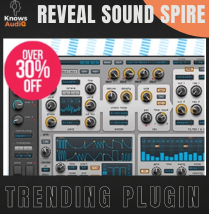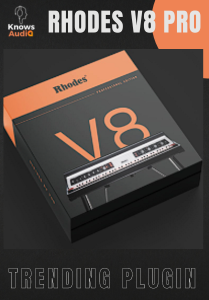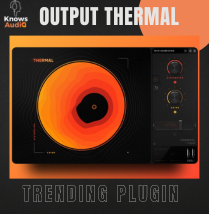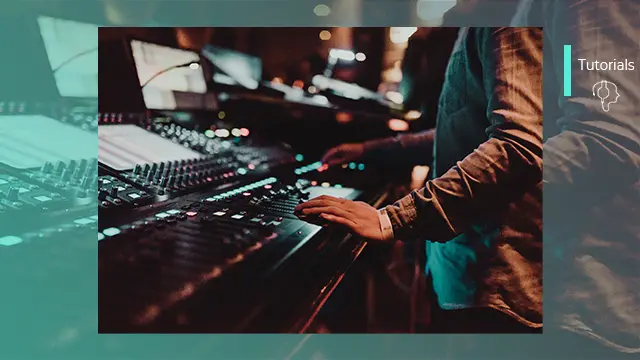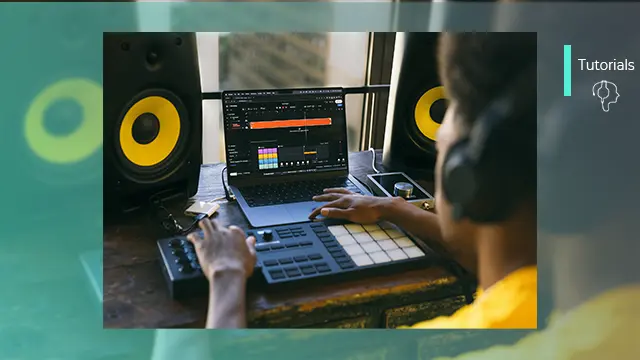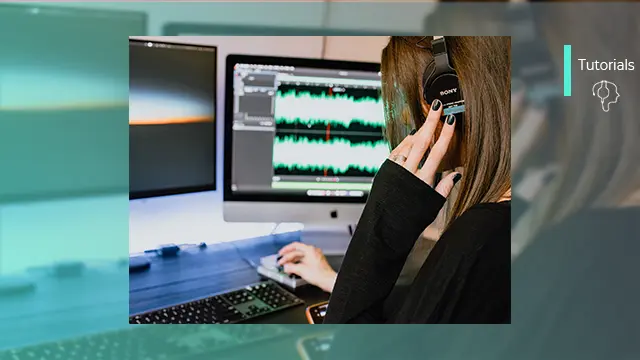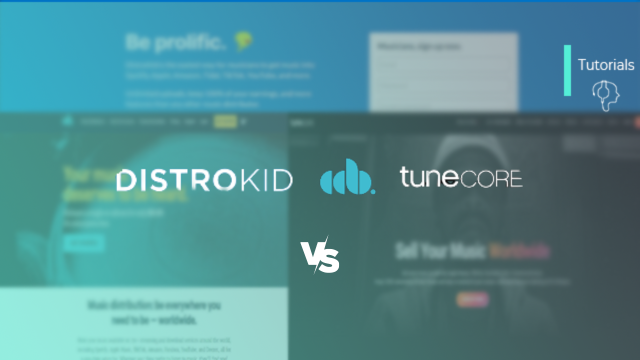Loopcloud vs Splice - Which is Better For Music Producers?
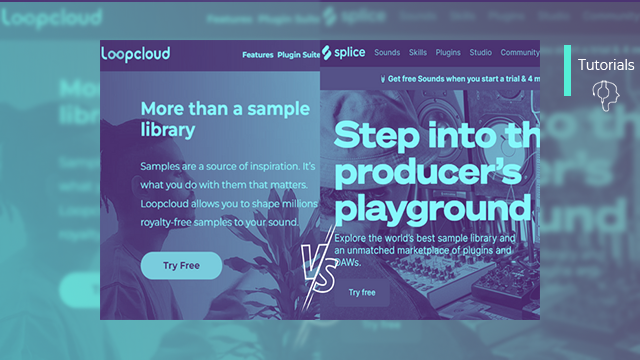
- Tutorials
- Kobe Cooper
- January 5, 2023
Music production can be quite a complex process, and it requires the right tools to make sure you can create the kind of sound that you hear in your mind.
In this article, we’ll be taking a look at two of the most popular music production platforms: Loopcloud and Splice.
We’ll compare their features, pricing models, sound quality, variety of sounds, interface and more to help you decide which one is right for you. So let’s get started
What is Loopcloud?
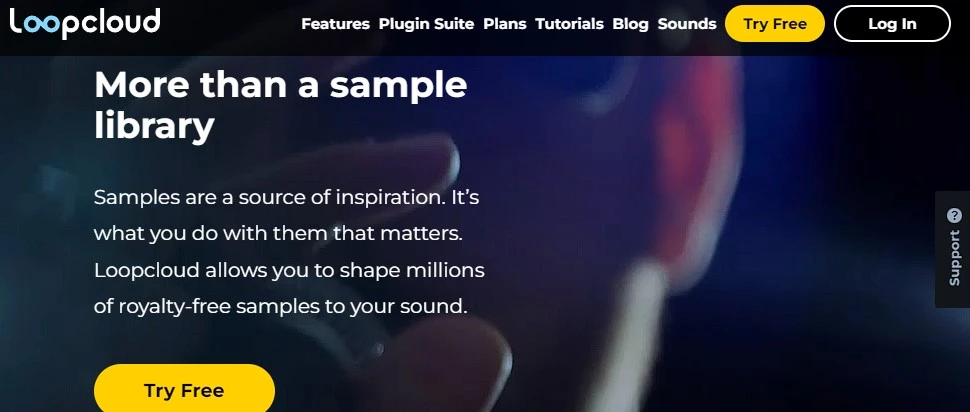
Loopcloud is a standalone app that can be used without a DAW or alongside one.
The platform allows producers to access millions of royalty-free sounds and loops. It also offers powerful features and integrates with major DAWs.
What is Splice?
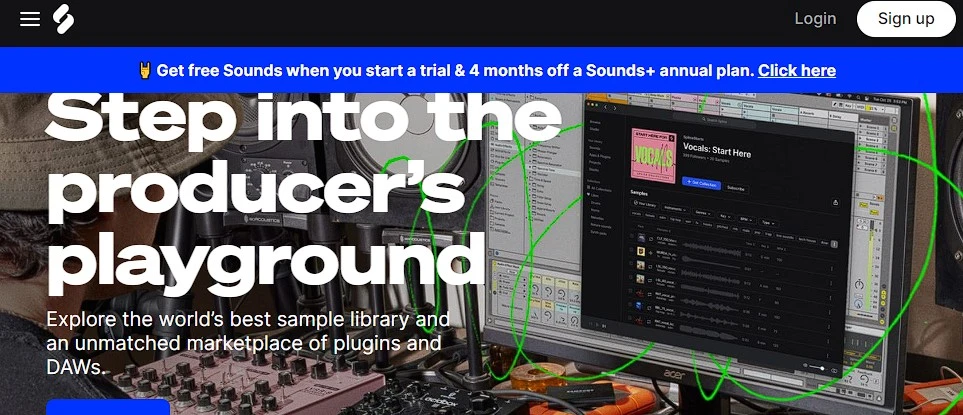
Splice is a cloud-based music creation platform that helps producers manage their projects and collaborators. It also offers a huge library of royalty-free sounds and plugins.
Pricing Comparison
The cost of a monthly subscription to Loopcloud is $7.99. It will cost you $79.99 if you pay for a year in advance (as compared to $95.88 if you choose a monthly subscription for the same time frame.)
In addition, it’s really cool that Loopcloud provides a free trial as well.
The Splice pricing options are $9.99 per month or $79.99 per year (which works out to be $6.66 per month).
Sounds Quality & Variety of Sounds
Both Loopcloud and Splice offer high-quality audio files. Loopcloud offers over 4 million sounds, while Splice has a more limited selection of just over 1 million (approximately) sounds.
However, both platforms offer a wide variety of sounds across different genres, so you should be able to find what you’re looking for.
So who’s the winner in that category? It depends. If you’re looking for a platform that offers a wide variety of sounds, Loopcloud is your go-to. Splice, on the other hand, offers fewer sounds but they do have a good selection of drums and synth sounds.
Features Compared
Both Loopcloud and Splice offer a variety of features that can be incredibly helpful for music producers. However, there are some key differences between the two platforms that you’ll want to take into account when making your decision.
Some features of Loopcloud include:
- Library management: Loopcloud allows users to import and organize their audio loops and samples into a single, centralized library. This makes it easy to keep track of and access the sounds you need for your music production projects.
- Sound design and manipulation: Loopcloud includes a number of tools for manipulating and designing sounds, including pitch shifting, time stretching, and granular synthesis. These tools allow users to create unique and customized audio loops and samples.
- Integration with DAWs: Loopcloud can be integrated with popular digital audio workstation (DAW) software, such as Ableton Live and FL Studio, allowing users to access and use their Loopcloud sounds directly within their DAWs.
Some features of Splice include:
- Splice Skills: A learning platform where you can find there courses, tutorials, and resources that teach about various aspects of music production.
- Splice Bridge: A tool that allows splice users to easily connect their DAW software to the Splice platform. This feature comes with an automatic time stretch option, so every sample you play is already synced with your DAW BPM.
- Astra: A synthesizer plugin that allows users to create and manipulate electronic and experimental sounds. Astra includes a range of features and controls for designing and shaping sounds, including oscillators, filters, envelopes, and effects.
Overall, Loopcloud’s features are a bit better than Splice.
Interface
The Loopcloud interface is a bit more complex but it is a powerful and accessible platform for managing, manipulating, and creatively using audio loops and samples in music production.
On the other hand, the Splice interface is user-friendly, making it easy for users to access and use the features of the platform.
Splice vs Loopcloud - Key Differences
- Loopcloud, probably has more sounds to offer
- Loopcloud allows users to download a free sample every day, while Splice does not offer this feature.
- Pricing (Loopcloud is cheaper)
- With Splice you can purchase presets while Loopcloud doesn’t offer that.
- You can rent plugins and pay monthly with Splice
Loopcloud or Splice - The Bottom Line
In conclusion, Loopcloud and Splice are both great platforms for music production. If you’re looking for a platform with plenty of royalty-free sounds and powerful features, then Loopcloud is definitely the better option.
However, if you’re looking for a friendly interface with great royalty-free sounds, then Splice might be a better choice for you.
Ultimately, it all comes down to what your needs are when it comes to producing music – make sure that whatever platform you choose can provide everything that you need in order to create your masterpiece!
Our Personal Thoughts





